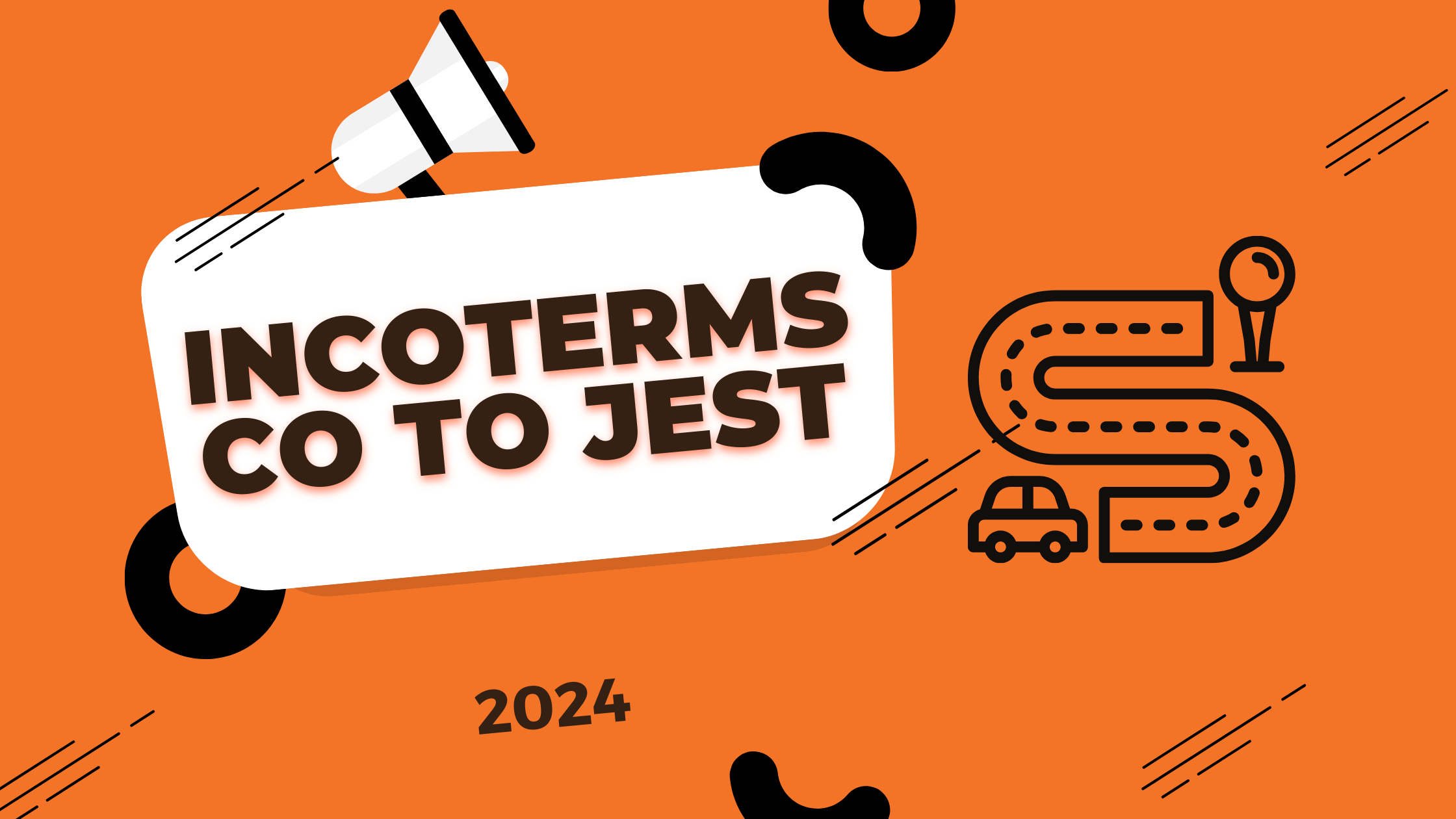International trade rules: What are Incoterms 2020?
What are Incoterms and what is their importance in international trade?
Incoterms stands for International Commercial Terms, the international trade rules that define the terms of sale in international transactions. The Incoterms 2020 rules, developed by the International Chamber of Commerce, are a fundamental part of modern international trade. It is these rules that allow the parties to a sales contract to precisely define their obligations and responsibilities.
Definition and purpose of Incoterms
Incoterms precisely define the division of responsibilities between the seller and the buyer in international commodity trading. An Incoterms rule designates the point at which risk passes to the buyer, defines responsibility for transportation, insurance and customs clearance of goods. Each rule clearly defines who is responsible for the various elements of the goods delivery process, from loading to transportation and insurance.
Learn more about our transportation services
Importance in commercial practice
In practice, these rules are crucial to:
- Determination of the moment of delivery of goods
- Division of costs between the parties
- Determination of responsibility for risk
- Organization of transportation and insurance
- Completion of customs formalities
History and evolution of Incoterms
From the first version of Incoterms 2010 to the current Incoterms® 2020, the rules have evolved to adapt to the changing needs of international trade. Incoterms® terms and conditions are regularly updated to reflect the latest practices in transportation and international trade. Each successive version introduces improvements and responds to new challenges in global trade.
Key changes in Incoterms 2020
In 2020, significant modifications were made to the Incoterms rules. There are currently 11 Incoterms rules, which fall into two main categories:
- Rules for maritime and inland waterway transportation:
- FAS (Free Alongside Ship)
- FOB (Free on Board)
- CFR (Cost and Freight)
- CIF (Cost, Insurance and Freight)
- Rules for all modes of transport:
- EXW (Ex Works)
- FCA (Free Carrier)
- CPT (Carriage Paid To)
- CIP (Carriage and Insurance Paid).
- DAP (Delivered at Place)
- DPU (Delivered at Place Unloaded)
- DDP (Delivered Duty Paid).
How to choose the right Incoterms 2020 rule?
The choice of the right rule depends on a number of factors, including the type of transport, the type of goods and the preferences of the contracting parties.
EXW (Ex Works)
EXW rules stipulate that the seller is responsible for delivering the goods only to its facility. The buyer bears all transportation costs and risks from the time he receives the goods. In this rule:
- The seller makes the goods available at his premises
- The buyer arranges transportation and bears all costs
- Risk passes to buyer when goods are made available
- Responsibility for customs clearance lies with the buyer
FCA (Free Carrier)
FCA rules indicate that the seller bears the cost of transportation to a specific location where the carrier picks up the goods. Free Carrier means that the seller has more responsibility than in the case of EXW. The seller is obligated to:
- Deliver the goods to the agreed location
- Arrange initial transportation
- Perform export customs clearance
- Cover the costs until the goods are handed over to the carrier
See our experience in specialized transportation
FOB (Free on Board)
In the FOB rule, which applies only to sea and inland waterway transportation, the seller is obliged to deliver the goods on board the ship. Obligations include:
- Transportation of goods to the port
- Loading onto the ship
- Export customs clearance
- Coverage up to the point of overboarding the ship
Obligations of parties in Incoterms 2020 rules
CPT (Carriage Paid To)
According to Incoterms rules, in CPT, the seller bears the cost of transportation to the designated location. Carriage Paid means that:
- Seller arranges transportation
- Covers costs to destination
- Responsible for export customs clearance
- Risk passes to buyer upon handover to first carrier
CIP (Carriage and Insurance Paid).
In CIP (Carriage and Insurance Paid), the seller is responsible for:
- Carriage and insurance of goods
- Organization of transport
- Coverage to destination
- Provide broader insurance coverage
Check out our ADR transport offer
DAP (Delivered at Place)
In the DAP rule, the seller delivers the goods to the agreed place of delivery. DAP Incoterms specify that:
- The seller shall bear the cost of transportation to the designated place
- Responsible for delivery of goods
- Bears the risk until delivery
- Not responsible for unloading
The impact of Incoterms 2020 on costs and insurance
Choosing the right Incoterms rule significantly affects the total cost of transporting and insuring the goods. In some rules, like CIP, more extensive insurance is required, which can increase the cost of the entire transaction.
Contact us about transportation
Rules for shipping
In maritime and inland waterway transportation, special rules apply, adapted to the specifics of this type of transportation. Each of these rules precisely defines the moment of transfer of risk and liability from the seller to the buyer.
The most common problems when using Incoterms 2020
When applying Incoterms rules, misunderstandings often arise regarding:
- The timing of the transfer of risk from the seller to the buyer
- The scope of responsibility for customs clearance
- Obligation of export clearance
- Costs of loading and unloading
- The issue of insurance of goods
- Choosing the right mode of transportation
How to avoid mistakes?
To avoid problems, you should:
- Specify the exact place of delivery
- Clearly agree on cost sharing
- Select the rule appropriate to the type of transport
- Precisely define the obligations of the parties in the sales contract
Useful external links:
- World Trade Organization
- International Chamber of Commerce
- United Nations Commission on International Trade Law
Official sources of information on Incoterms 2020
The International Chamber of Commerce (ICC) is the official source of information on Incoterms rules. Delivered At Place Unloaded and other new terms are explained in detail in the official ICC publication. It is advisable to use authorized sources to avoid misinterpretation of the rules.
Training and certification
Specialized training in the application of Incoterms 2020 rules is available for professionals involved in international trade. These include:
- Practical aspects of using particular rules
- Case study
- Analysis of the most common errors
- Documentation creation workshop
Remember that the proper application of Incoterms 2020 rules can significantly affect the efficiency and safety of business transactions. That's why it's so important to thoroughly understand the duties and responsibilities of your chosen rule and to constantly update your knowledge in this area.







